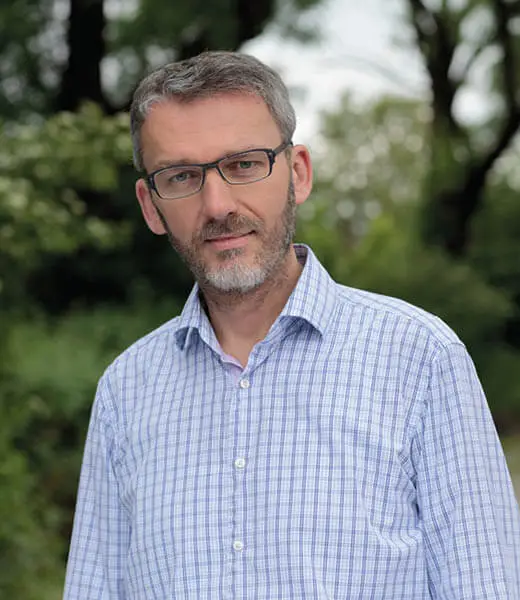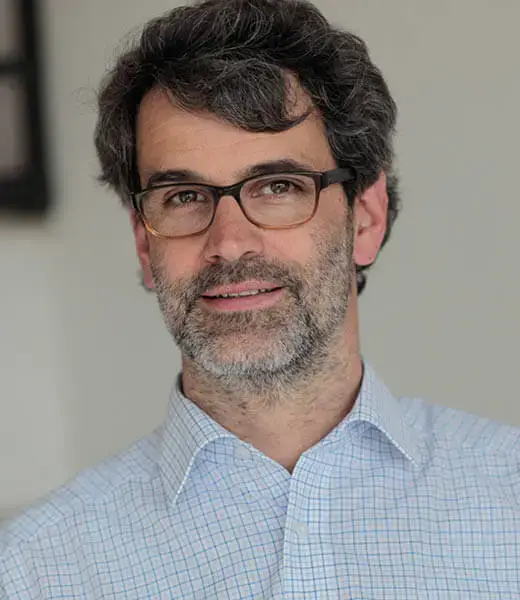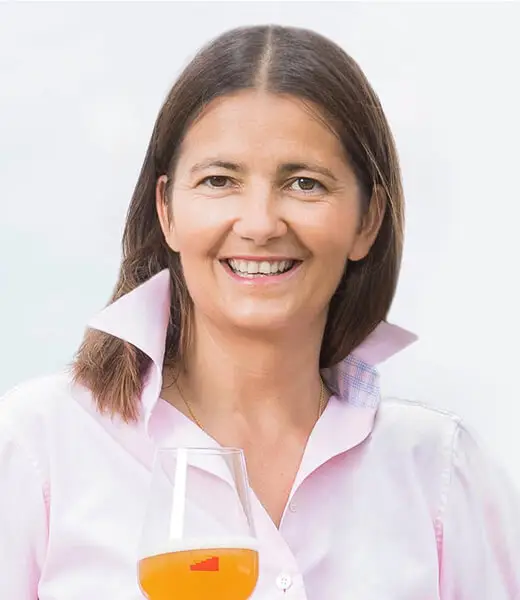Double-blind
study
at the Stiegl brewery in Salzburg, Austria
What is this study about?
Does memon technology support a pleasant environment—even in settings with many connected devices?
Approach: A randomized, double-blind study with 50 employees was conducted under real-world conditions at the Stiegl Brewery in Salzburg. Standardized measurements were taken before and after deployment and compared.
Note: Details on the design and results can be found in the study report.
The results are groundbreaking.
How exactly
did the study proceed?
In all participants, heart rate variability (HRV) was recorded using a patented measurement system. Under standardized conditions, the system enables the recording of autonomic nervous system responses in environments with high-frequency radio fields (e.g., mobile communications).
In addition, the measurement results were aggregated into a composite index (“vitality index”), which is used in the scientific literature to describe the state of autonomic regulation.
The study was double-blind: one group used active devices, the other inactive devices. Neither the participants nor the evaluators knew which equipment was used.
These are the results
that surprised even the researchers:
The study and
physical measurement results at a glance
- The vitality values are positively influenced even with a constant exposure to negative influences such as electromagnetic radiation.
- Over- and under-stimulation of the study participants were compensated for.
>>> The memon technology has a regulating, balancing effect on people. - The room air is enriched with up to 30 percent more air ions.
- Fine particulate matter in the air we breathe is reduced by up to 80 percent.
>>> Sustainable natural air purification takes place.
The memon technology makes a meaningful and necessary contribution to occupational health care.
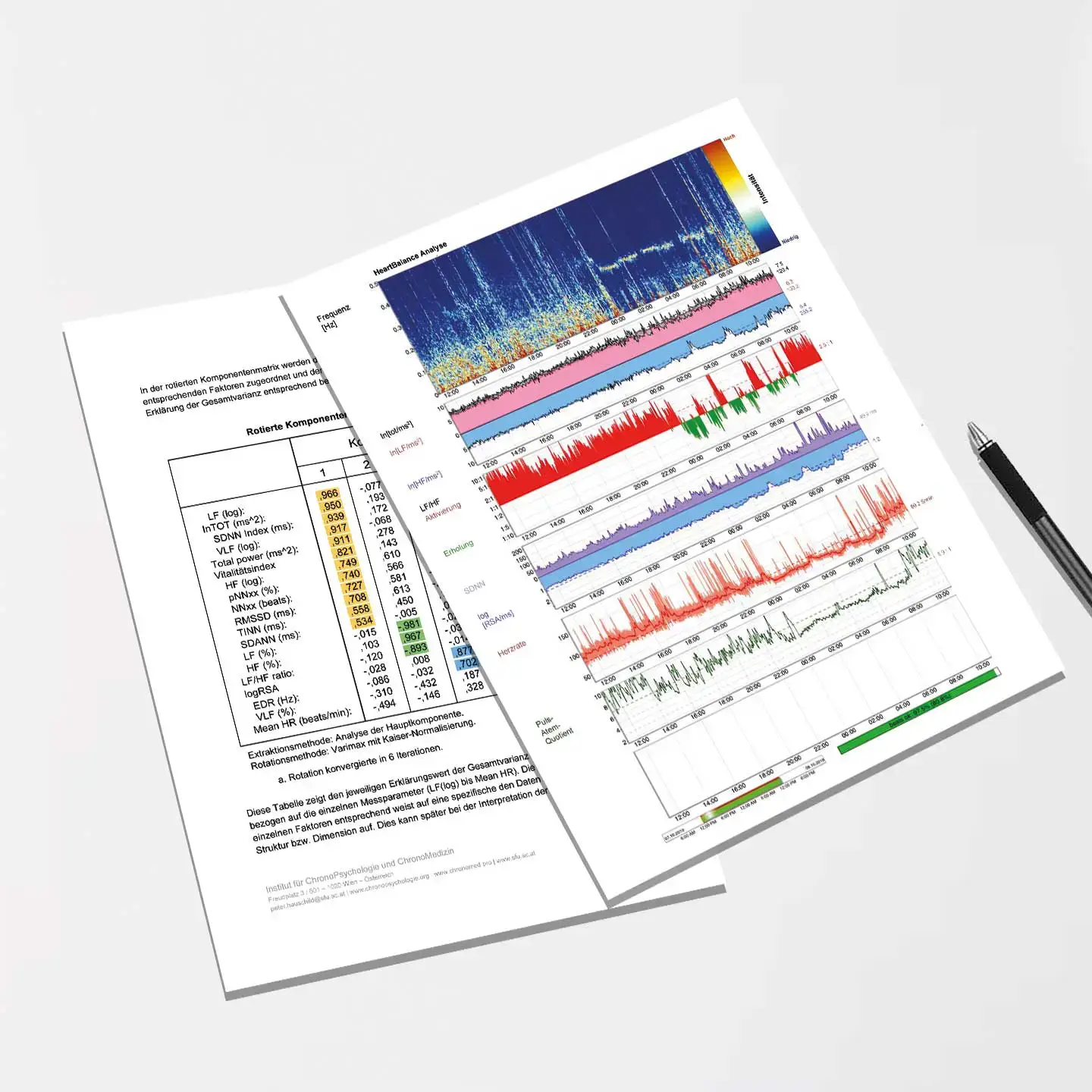
Impressive improvement
in air quality
The study showed another impressive effect of the memon technology. In cooperation with Dr. Friedhelm Schneider, fine dust expert at Grimm Aerosol Technik and representing one of the world's most renowned companies in the field of fine dust measurement, the fine dust levels in the Stiegl brewery were measured before and after the installation of the memonizer devices.
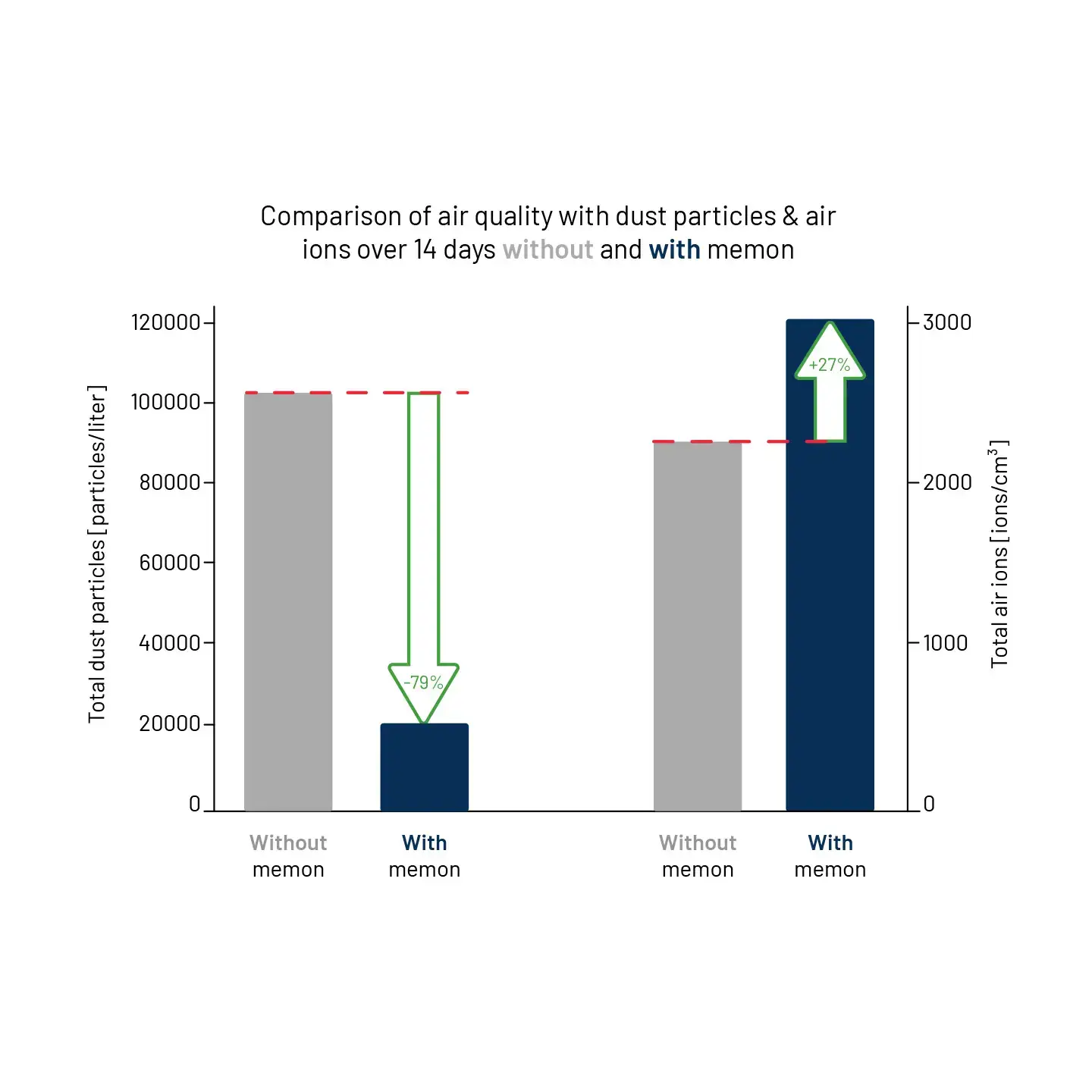
Lawyer and scientific project manager
Lawyer and electrosmog expert Tilo Rößler was the coordinator and project manager of the Stiegl study. In the video he explains why the results of the study are a scientific sensation.
Scientific project manager Tilo Rößler
Fine dust expert Dr Friedhelm Schneider - Grimm Aerosol Technik GmbH
Fine dust expert Dr. Friedhelm Schneider explains how the memon technology reduces fine dust in the air we breathe and what the difference is to other technologies.
Fine dust expert Dr. Friedhelm Schneider
Erika and Hans Felder - Management of memon bionic instruments GmbH
Mrs. and Mr. Felder report on the expectations and achieved results of the study.






